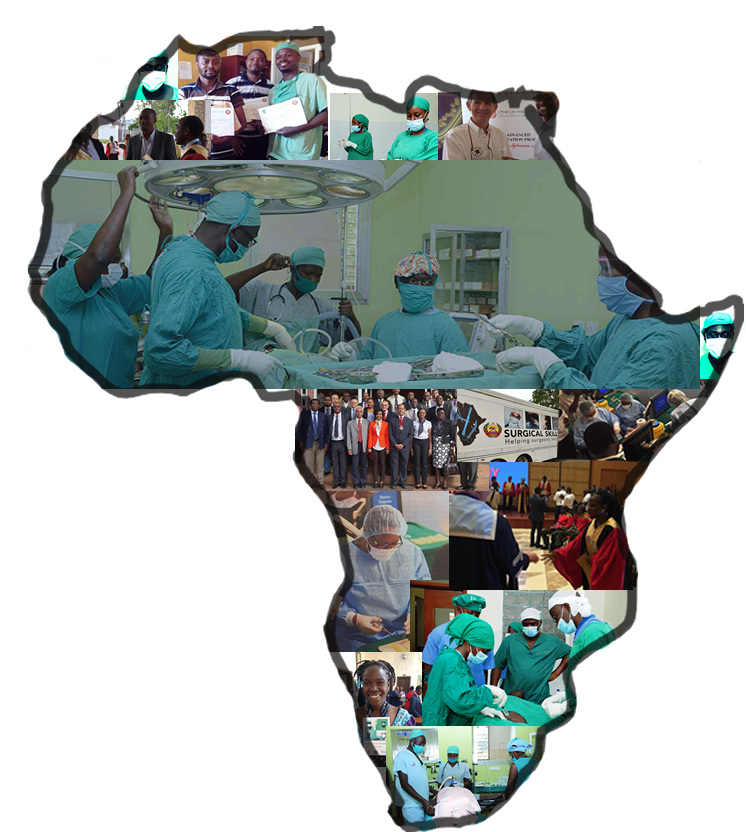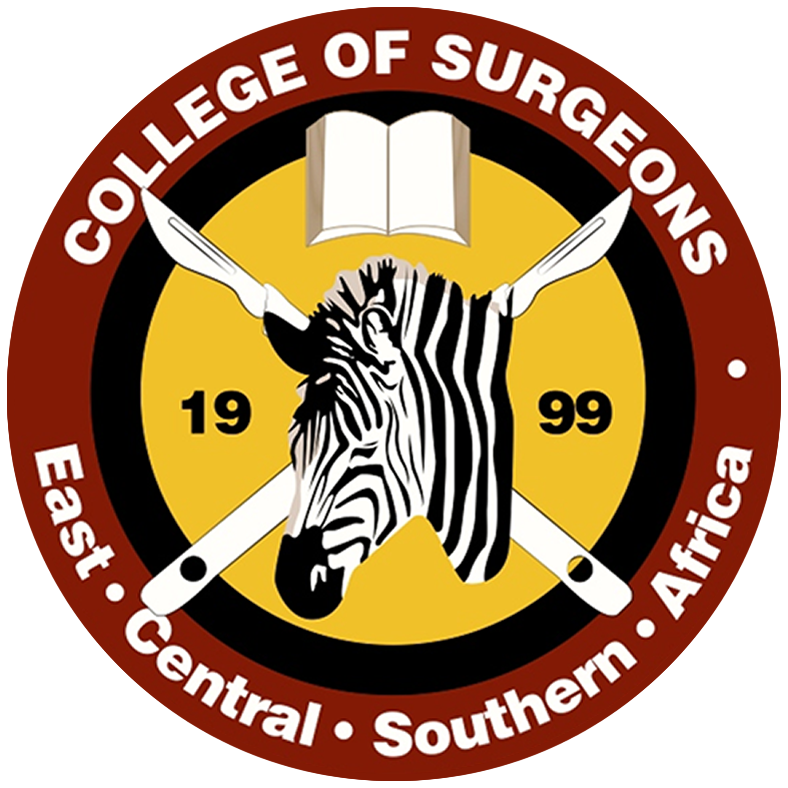In 2013, the Royal College of Surgeons of Ireland (RCSI) in partnership with COSECSA established the Essential Surgical Training (EST) Programme. EST is aimed at equipping General Medical Officers (GMOs – i.e. general practioners, nurses and anaesthetic technicians) in rural hospitals with basic surgical and referral techniques.

EST is critical because surgery in district and provincial hospitals across the COSECSA region is frequently practiced by GMOs who have no structured training apart from peer training and support systems. EST trainings are conducted by experienced, senior level COSECSA surgeons. The trainings focus on trauma, general surgery problems and also addresses management of actual emergencies. Each year there are 4-6 sessions in each EST Country.
Priority is given to the most remote hospitals as most city district hospitals benefit from greater learning opportunities. The EST Programme commenced with a one year pilot programme in Zimbabwe and expanded to Rwanda and Zambia in late 2014. It is anticipated that the EST Programme will extend to other COSECSA Member Countries in the coming years with support from Health Ministries and international partners. Each EST Programmes has a dedicated Programme Coordinator. For more information see the EST country profiles.
COSECSA, in collaboration with the Royal College of Surgeons in Ireland, iheed, the World Health Organisation Emergency and Essential Surgical Care programme (WHO EESC) and a number of other partners, has produced an open access e-learning tool for non-specialist medics who perform basic surgery and anaesthesia in resource poor settings. This tool is based on the WHO EESC Emergency Trauma Care course.
WHO Emergency Trauma Care e-learning programme is available through the link below:
